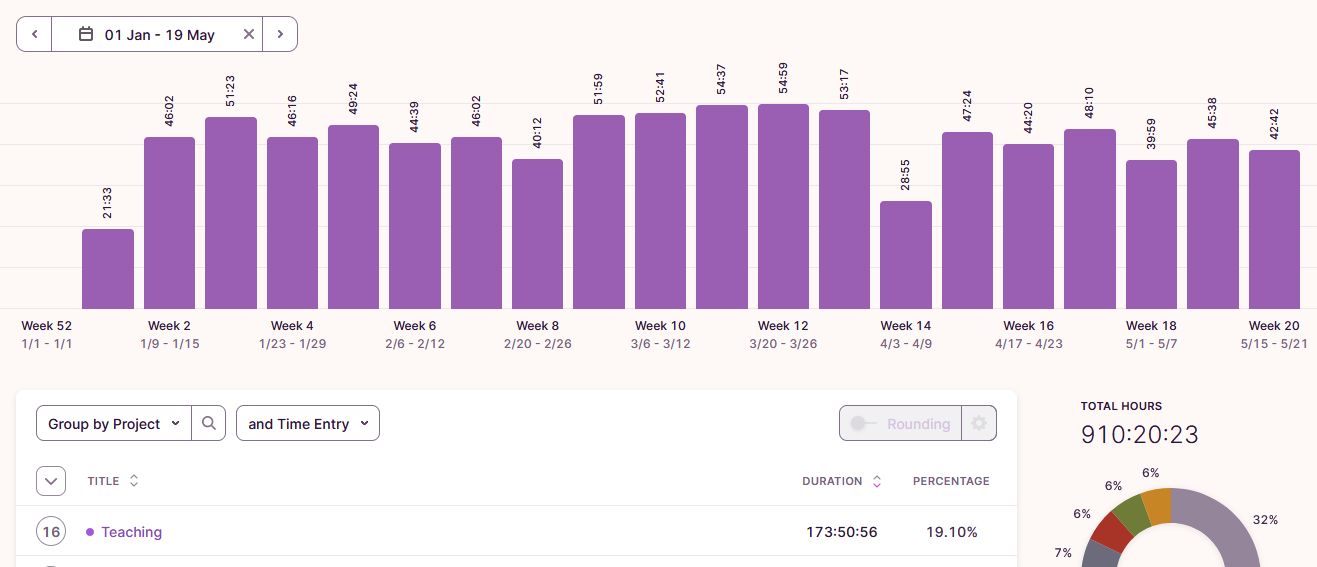
What I would do differently next time I lead a proposal
As I wrote in my previous post, I recently managed to Dock a Container Ship (i.e submit a proposal for a large, competitive grant as consortium lead). It has been a bit of a learning curve, to say the least.
While I am proud of what I accomplished, there are definitely things I would approach differently next time (and yes, I am already working on the next proposal, because I need to get my next series of projects in for the upcoming years). With the benefit of hindsight, here are the lessons I’ll apply to future proposals:
- Start with a flowchart of work packages: One of the best ways to bring clarity to a proposal is by mapping out the work packages right from the beginning and to really get the methodology clear. Getting to this point may require a lot of iterations, but it will help writing the other parts of the proposal and get the budget streamlined. A clear flowchart provides a roadmap, with roles and responsibilities outlined via the work package leads and tasks – and the flowchart can serve as a visual of how the pieces fit together.
- Work on the budget early: Getting everybody’s budgets in time and to match expectations was quite time-consuming, as it required to get the staff effort (in terms of person months on all the tasks and work packages) completely fleshed out. Starting those discussions (and the flowchart of the work packages) earlier would have helped me get the overall budget ready a bit earlier. I got it on time and ahead of the deadline, but it was one of the aspects that required a lot of time and effort towards the end.
- Plan for the full workload: I significantly underestimated the time and effort required to write such a proposal. I initially thought it would take a few weeks of focused effort, but it ended up being 340 hours over nine months, with a peak of activity in the last three months. Next time, I won’t walk into Mordor thinking I am going for a picnic.
- Set input deadlines: Chasing input from collaborators is always a challenge, especially around holiday periods, teaching intensive periods, conference travel, and just the regular flow of academic life. Next time, I’ll make a clear schedule for input to all collaborators.
- Delegate more?: Taking on the bulk of the coordination myself was manageable but intense. For a large-scale proposal, I’ll consider delegating specific tasks to others, especially when it comes to gathering input for the writing.
The next time I coordinate a proposal, I’ll have these strategies in place to make the process more efficient and hopefully more straightforward (although in the case of the proposal I just submitted, the magnitude of the topic made it difficult to navigate the methodology for a long time, until it all finally “clicked”). On to further proposal-writing adventures!
Have you coordinated a proposal and learned things you’d do differently next time? Share your experiences—I’d love to hear your tips!



